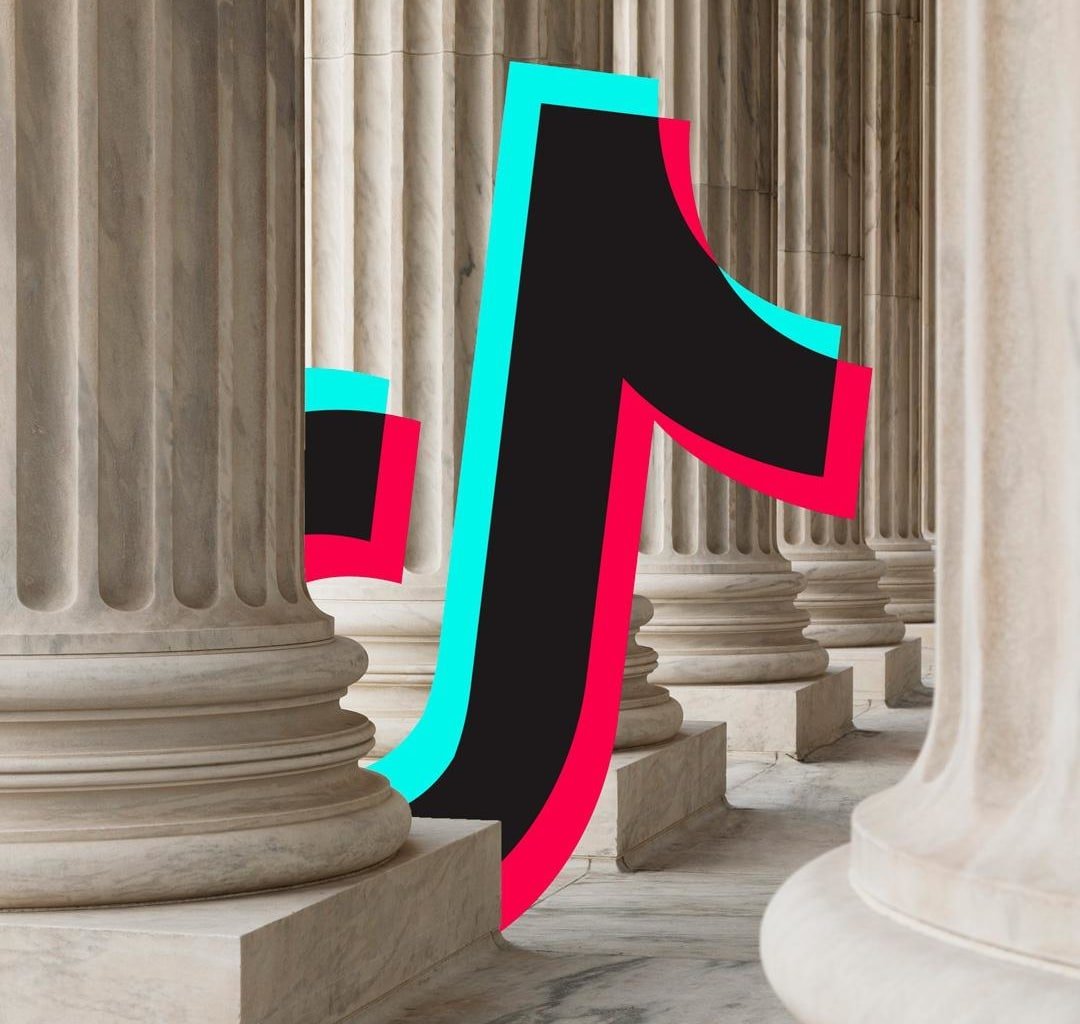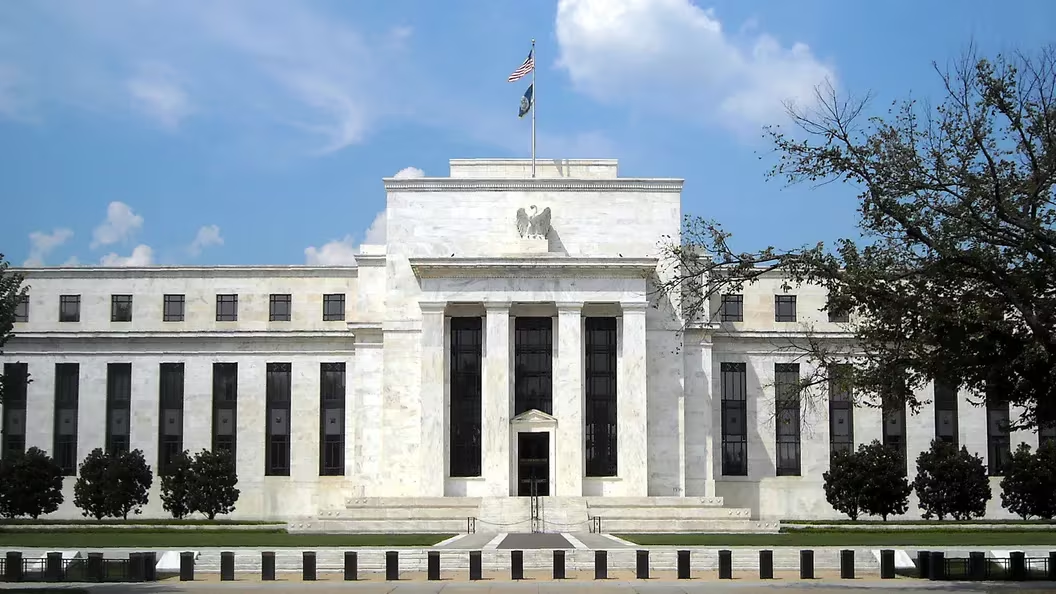President Joe Biden recently signed legislation that includes a provision potentially banning TikTok in the United States unless its Chinese parent company, ByteDance, sells the app within a specified timeframe. This legislative action is part of a broader bill that also provides aid to Ukraine, Israel, and Taiwan.2458
The new law gives ByteDance a nine-month period to divest TikTok, with the possibility of a one-year extension if necessary. This extension can be invoked by President Biden if he certifies that progress is being made towards the sale.234
If ByteDance fails to comply, TikTok could face a nationwide ban, which would not take effect until at least January 2025, or April 2025 if the extension is granted.34
This decision has sparked significant controversy and debate, particularly due to the paradoxical stance of the Biden administration. Despite the potential ban, Biden’s campaign continues to actively use TikTok to engage with voters, particularly younger demographics. This has led to accusations of hypocrisy, as the platform is simultaneously utilized for its substantial reach and influence while being targeted for a ban due to national security concerns.1
TikTok has responded by vowing to challenge the ban in court, arguing that the law infringes on free speech rights and lacks substantial national security justification6. The company and its supporters argue that the ban could violate the First Amendment by restricting access to information and media from foreign sources without a compelling government interest.46
The situation remains complex, with potential legal battles and political ramifications, especially as the U.S. approaches the 2024 presidential election. The outcome of these challenges and the actions of ByteDance in the coming months will significantly influence the future of TikTok in the U.S.136






